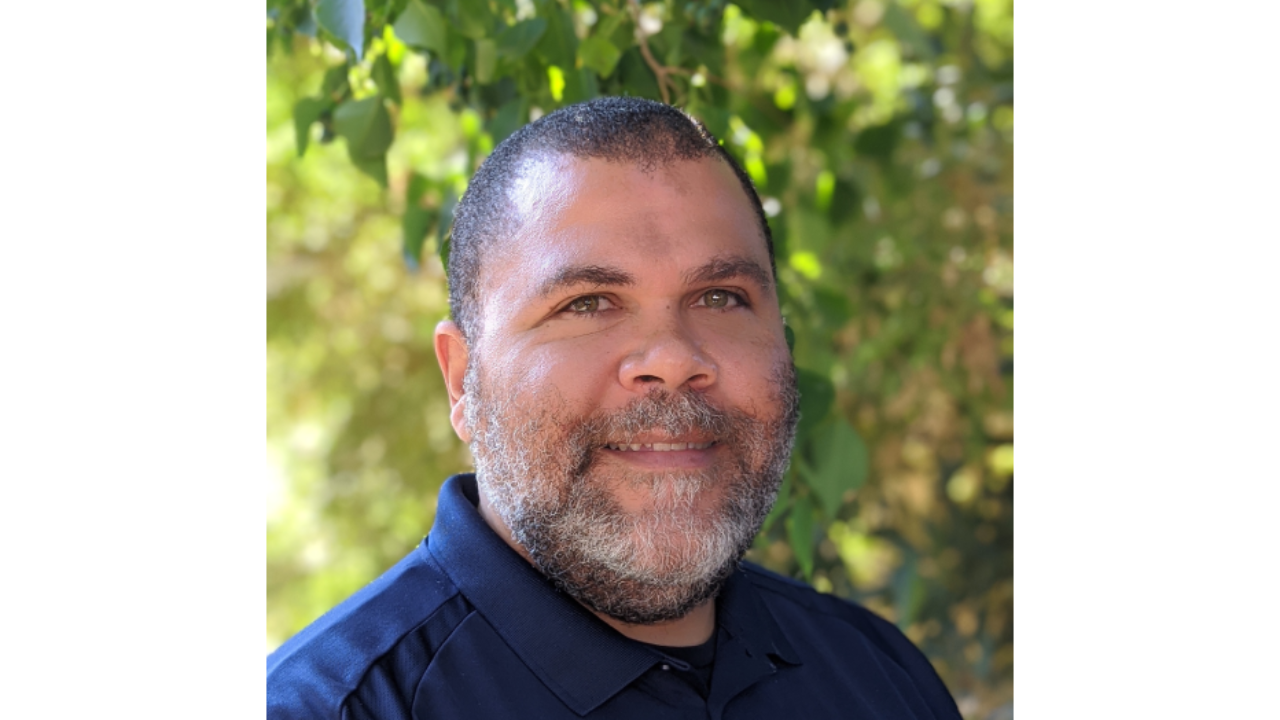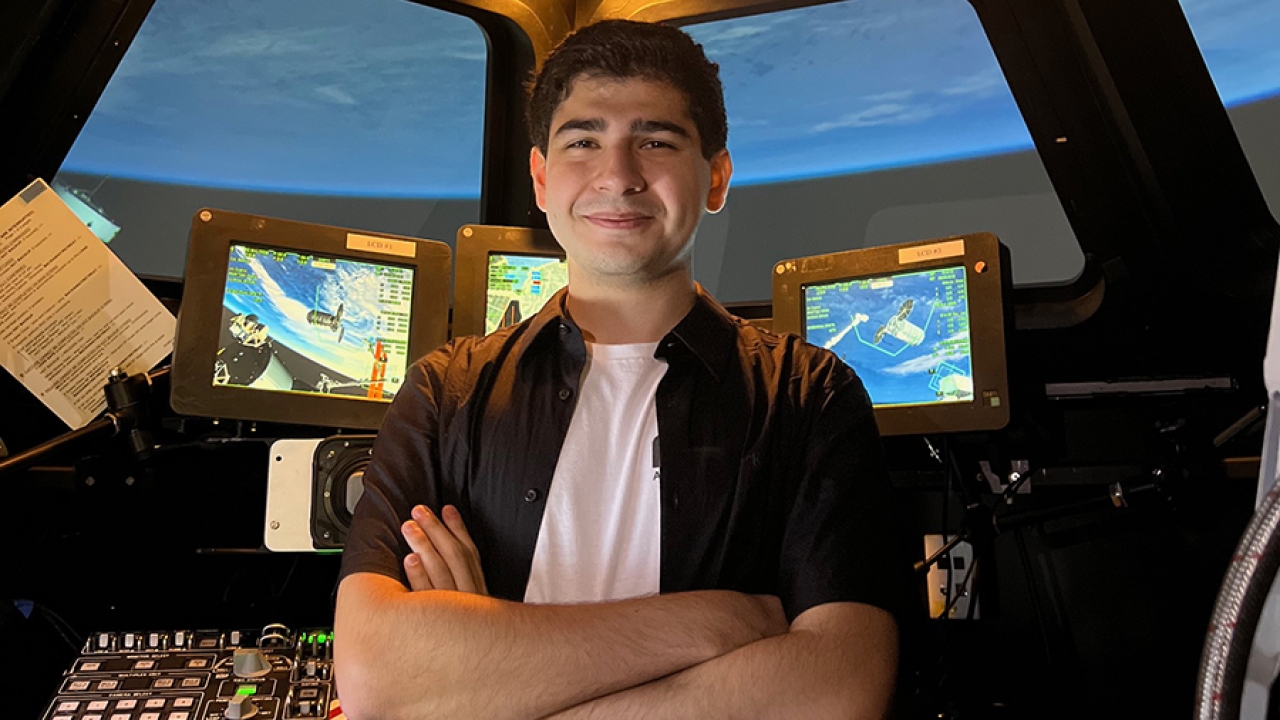
Alin Wakefield: Supporting the Next Generation
Alin Wakefield is the Research and Graduate Studies Development Coordinator in the College of Engineering. His duties focus on developing strategies to expand recruitment and retention efforts, project management, faculty development and student coaching.
What was your pathway to your current work on expanding recruitment and retention efforts in the college? What inspires you to get on (and stay on) that pathway?
I have recruited for the College of Engineering for several years. In the beginning, I visited local community colleges to promote our undergraduate programs to transfer students. These days, my focus is on recruitment for master’s and doctoral students for our ten outstanding graduate programs. The chance to both meet and serve so many different students was – and still is – among the most satisfying and inspirational parts of my job. Every recruitment cycle, I know I’m going to meet new people who are excited about learning. I’m so grateful that I can earn a living by helping people improve their lives and communities!
How are you going about building community and inclusivity for our students? What are your biggest challenges/roadblocks?
The most important things I try to do are to listen, and ask questions. Since 2017, I have had the privilege to support a program funded by a grant from the National Science Foundation that aims to reduce the barriers to graduate school enrollment and persistence among first-generation graduate students. This program, Preparing Engineering Graduates for the 21st Century (PEGS21), invites a small cohort of graduate students each year to participate. The program includes weekly seminars, professional development opportunities and networking.
In my opinion, the most important support PEGS21 offers is personal coaching and advising. It has been through these conversations that I’ve been able to establish genuine and meaningful connections, while also learning about myself, simply by talking and being curious about other people and their ‘real’ selves. I’ve learned the university is vast and that I can make it easier for students to feel less uncertain and more connected by talking about who I am, where I’ve been and about the work that I do. In my case, the challenge comes with juggling all my other responsibilities in concert. I wear many hats on the job, so often I make choices between how best to allocate my time and attention. Regardless, my working supporting PEGS21 has been a privilege!
How do you envision university leaders playing a role in increasing traditionally underrepresented groups in engineering?
I would continue to advocate for more personal outreach, especially in local K-12 schools. As a father, I’ve witnessed the power that role models – good and bad – have on children. If kids in school saw more female professors, more Black engineers, more Latinx scientists and could learn about the work they do, then these kids can then envision themselves as being and doing that someday. Sometimes I like to think about the 100-mile radius that is around the UC Davis campus. This region is among the most demographically rich (diverse) areas in the country. This means some of the next-generation’s most diverse and talented leaders who could solve the many challenges facing society are close by. Waiting. Watching.
What advice would you give under-represented minority (URM) student groups looking to join engineering and computer science fields?
Be the change. Engineering and computer science fields do not seem to have a lot of spaces for URM people to exist, let alone thrive. Despite this challenge, I would still encourage student groups to continue their missions and to keep creating spaces and opportunities for their members to connect. These groups serve as the “glue” that keeps individuals and communities together, and often are the entry points to the profession. These are the informal and formal networks that can support you now and into the future. Stay the course, even more so now these days given stay-at-home orders and public health guidance. Be the change.
__
About Research & Graduate Studies
The Research & Graduate Studies (RGS) unit within the College of Engineering Dean’s Office provides broad direction and support for graduate education throughout the college, as well as initiates efforts to stimulate a more robust research environment for our faculty. The unit’s portfolio includes graduate student recruitment, retention, budget support and analysis, managing a partnership program with Lawrence Livermore National Lab, college-wide research development and outreach with educational and research partners around the world. With more than 30 years of combined UC experience, the unit’s four staff members report to the Associate Dean for Research & Graduate Studies. Read more about the RGS unit: https://engineering.ucdavis.edu/research-graduate-studies-staff.




